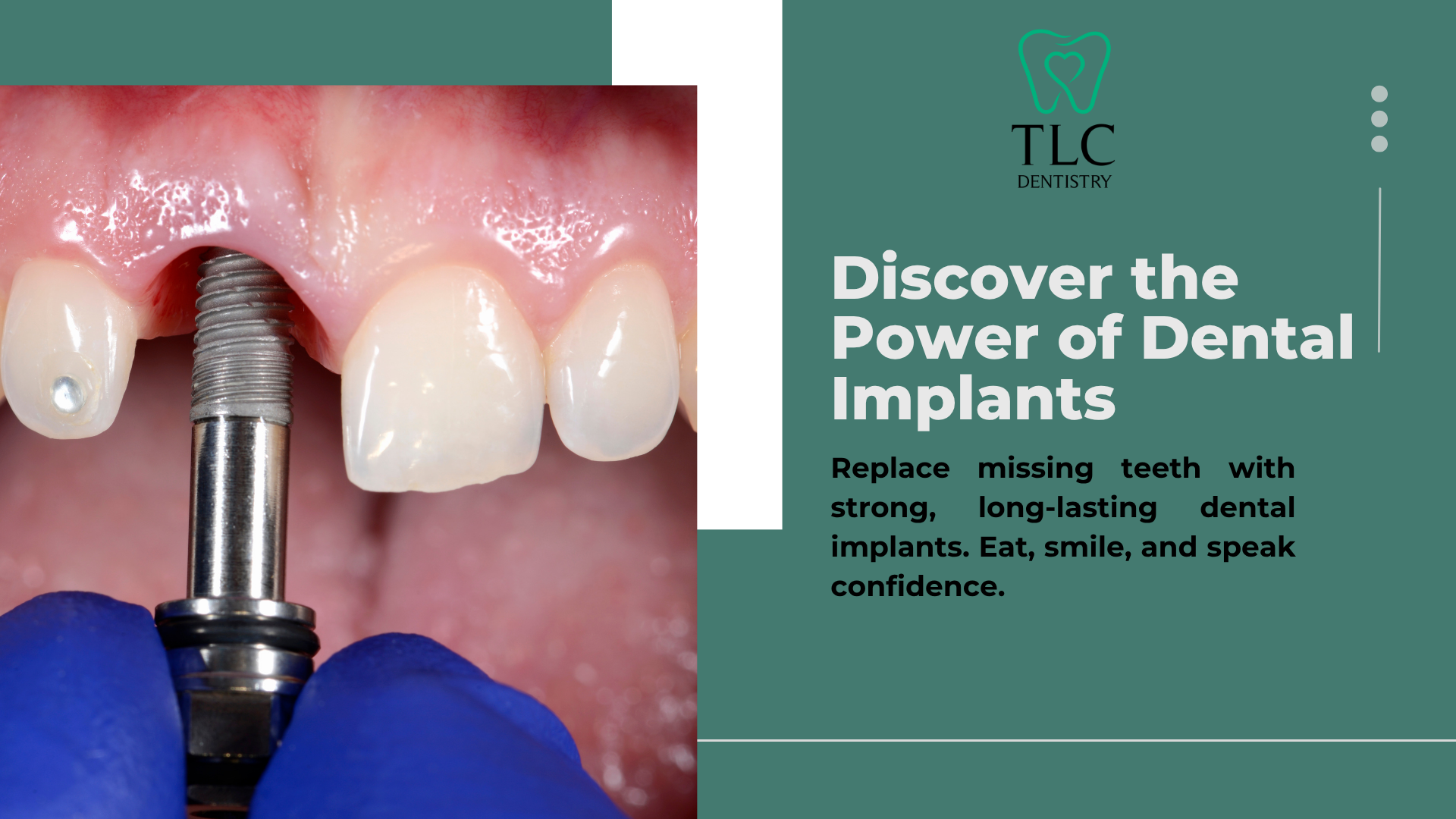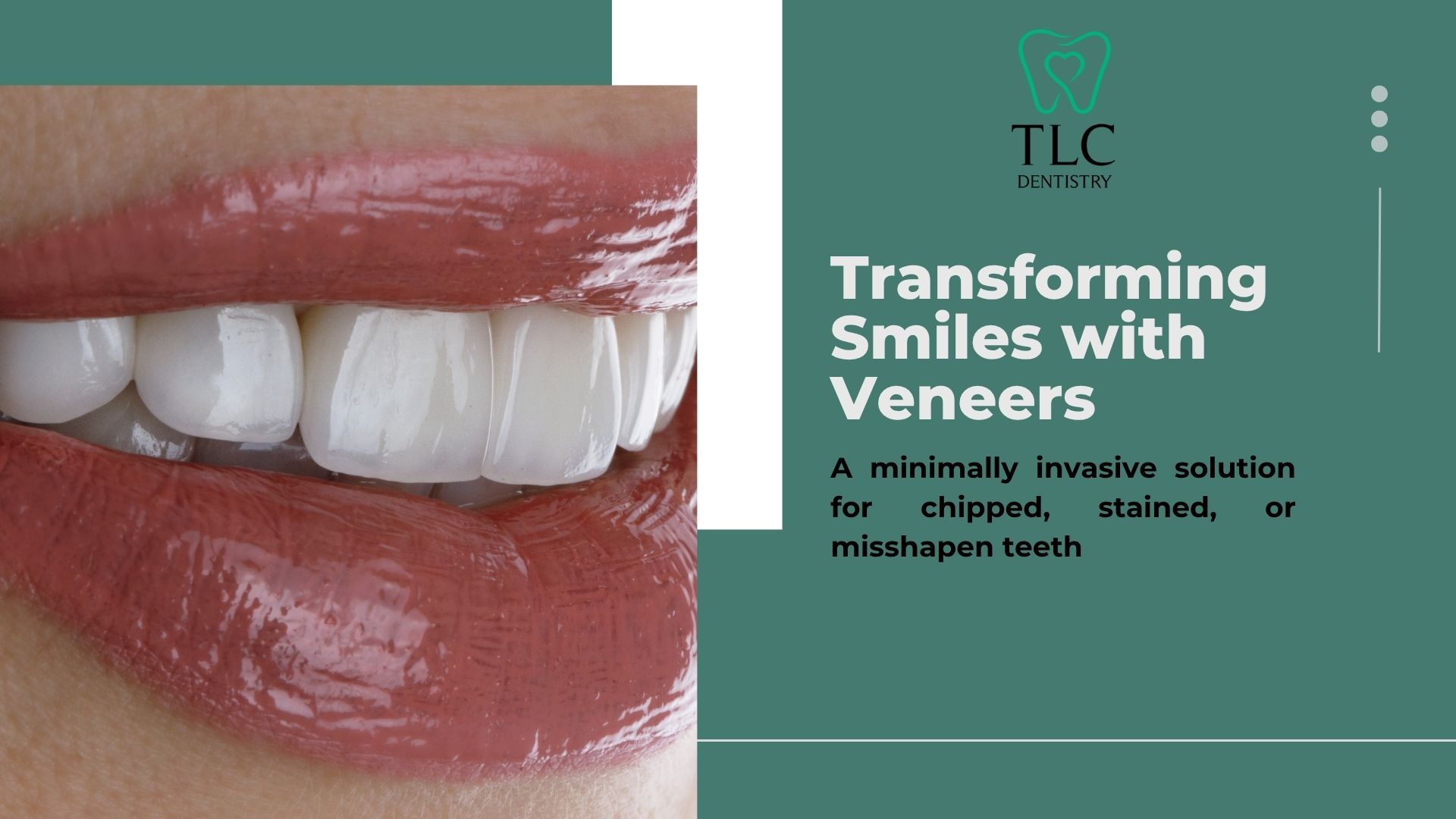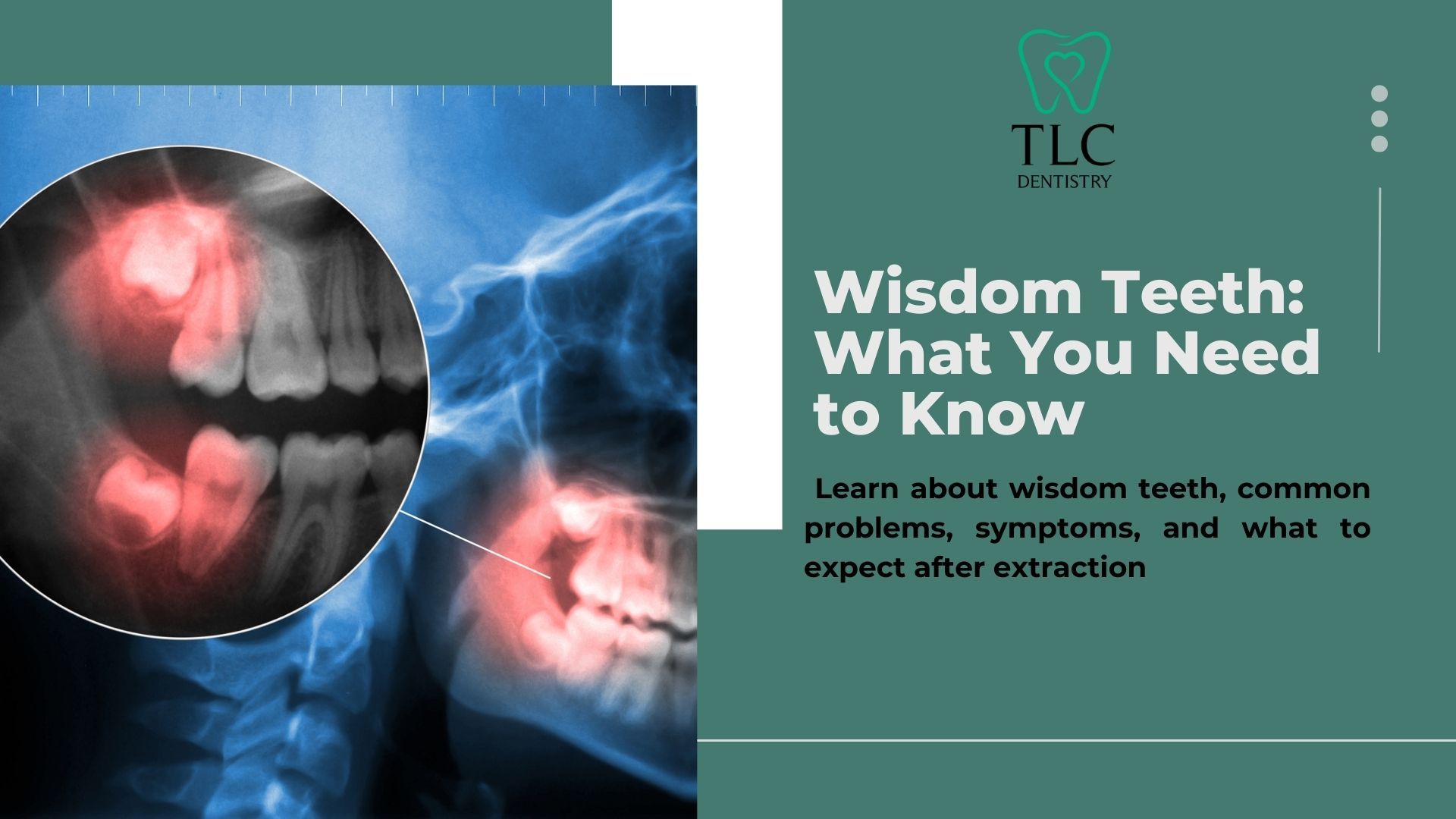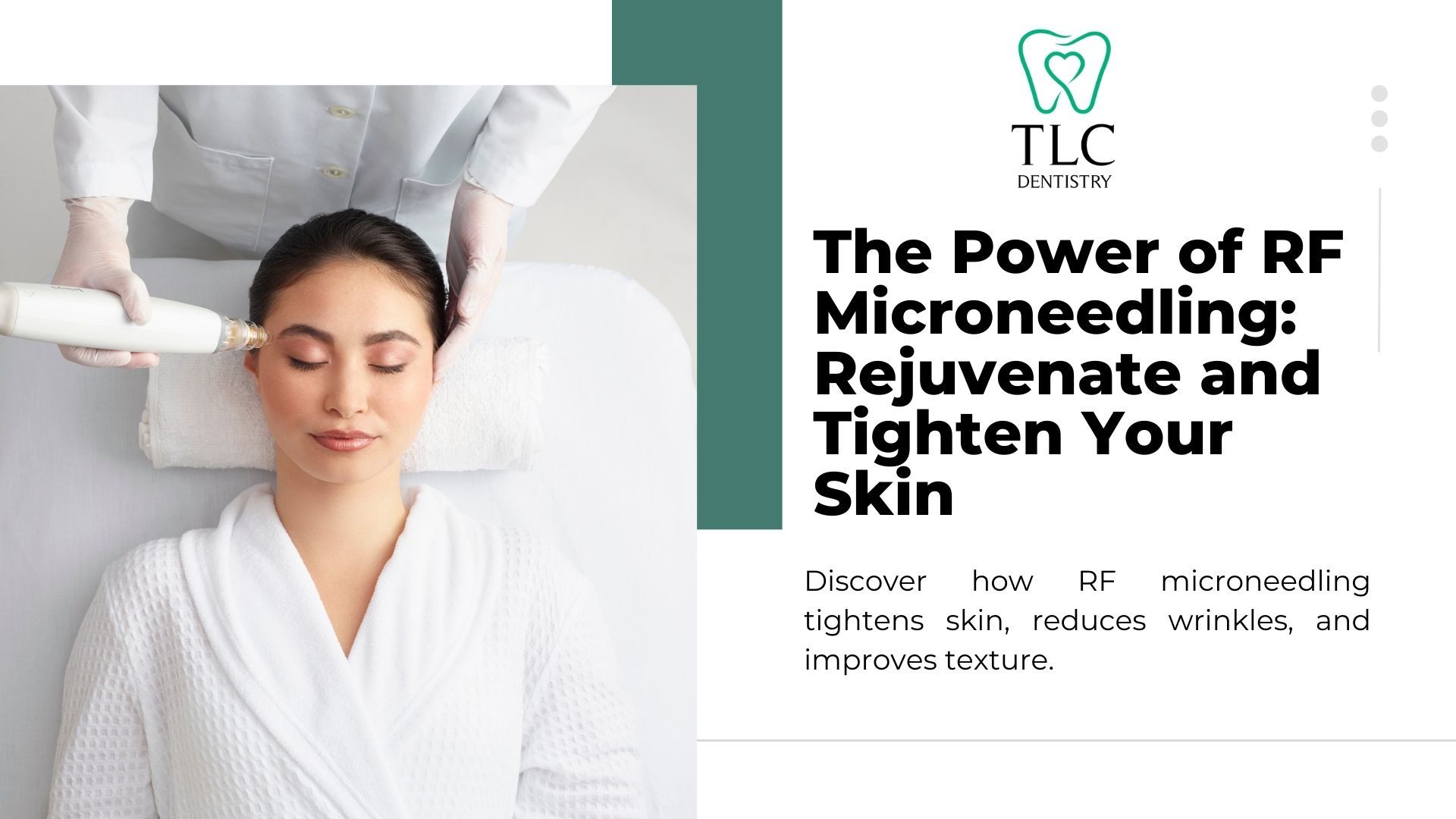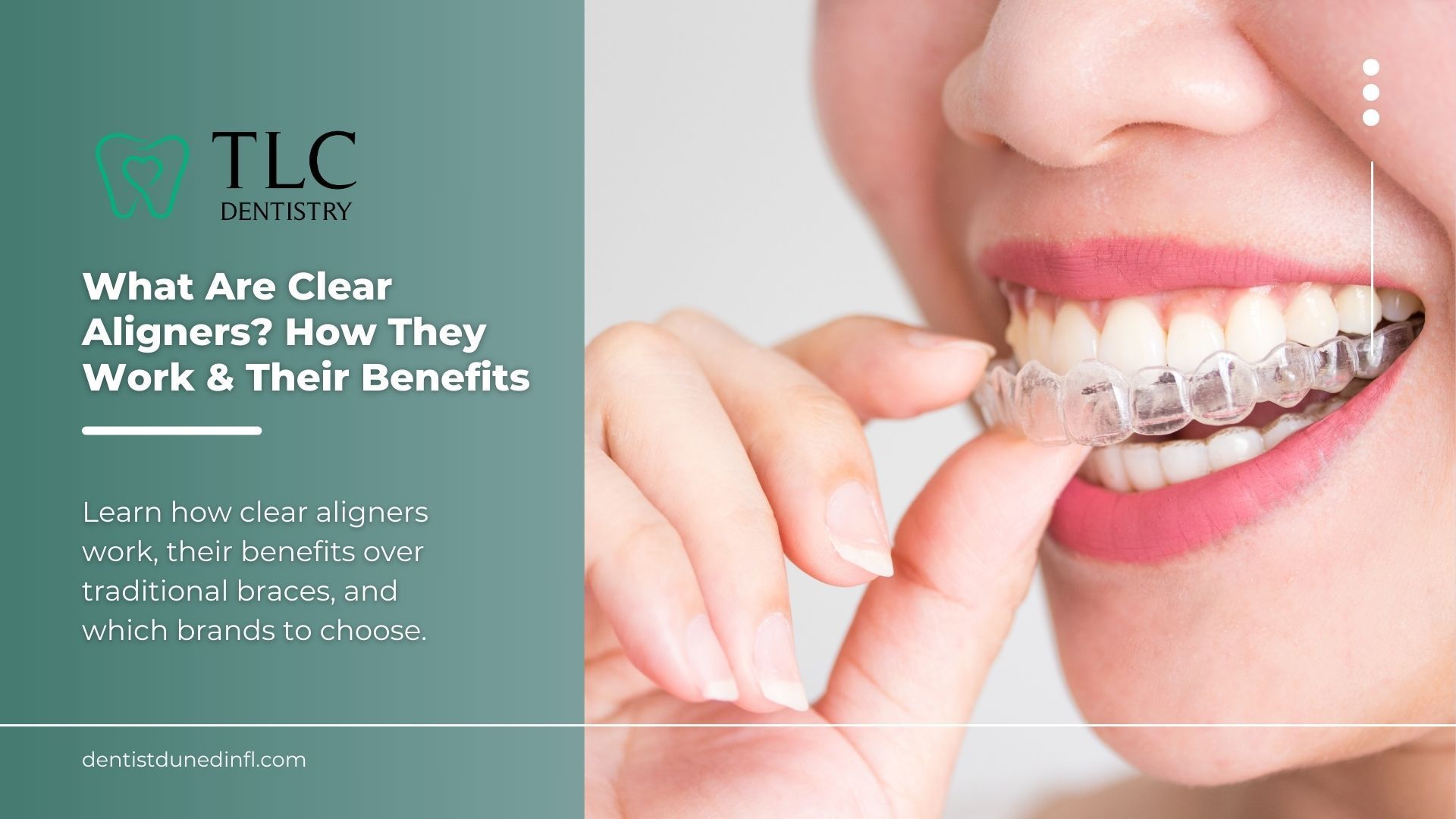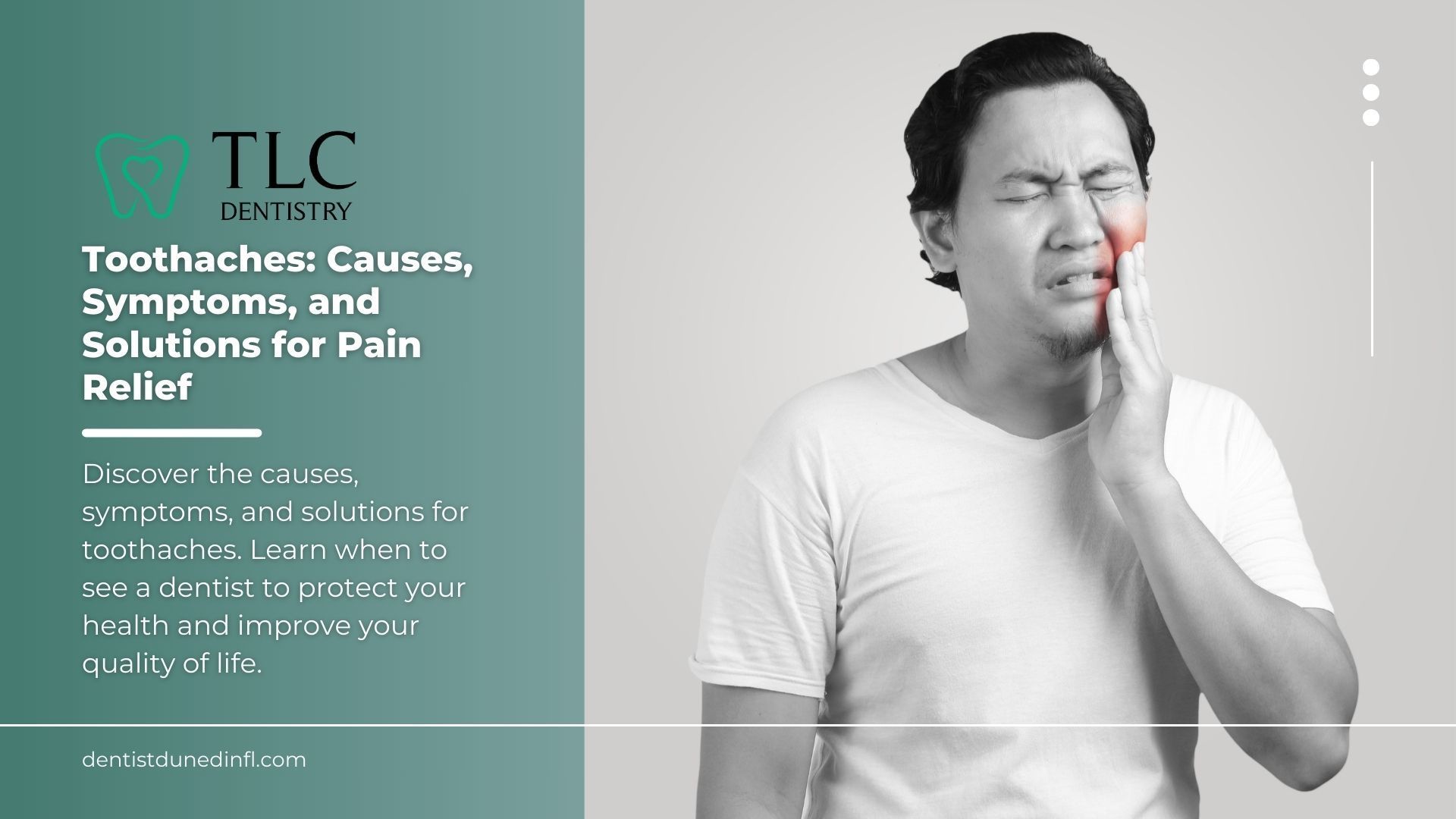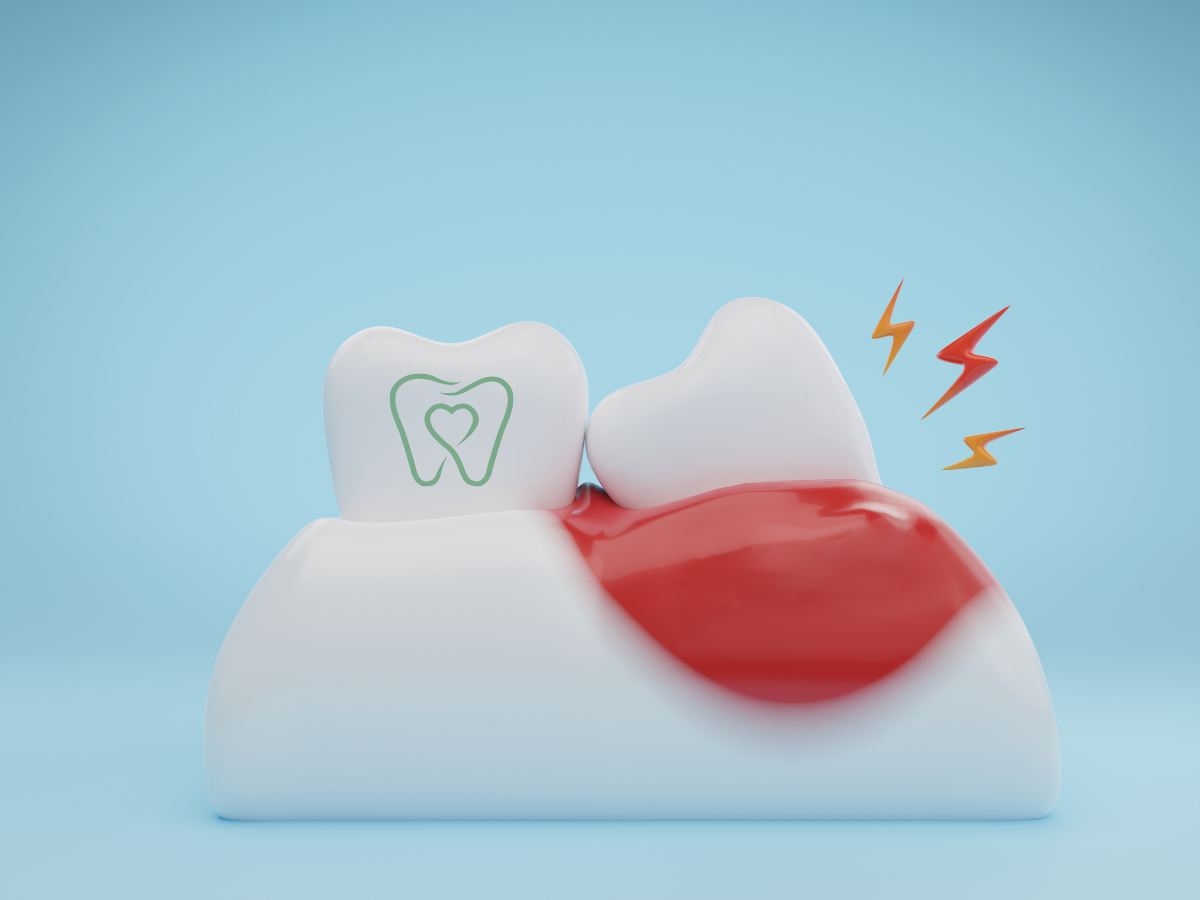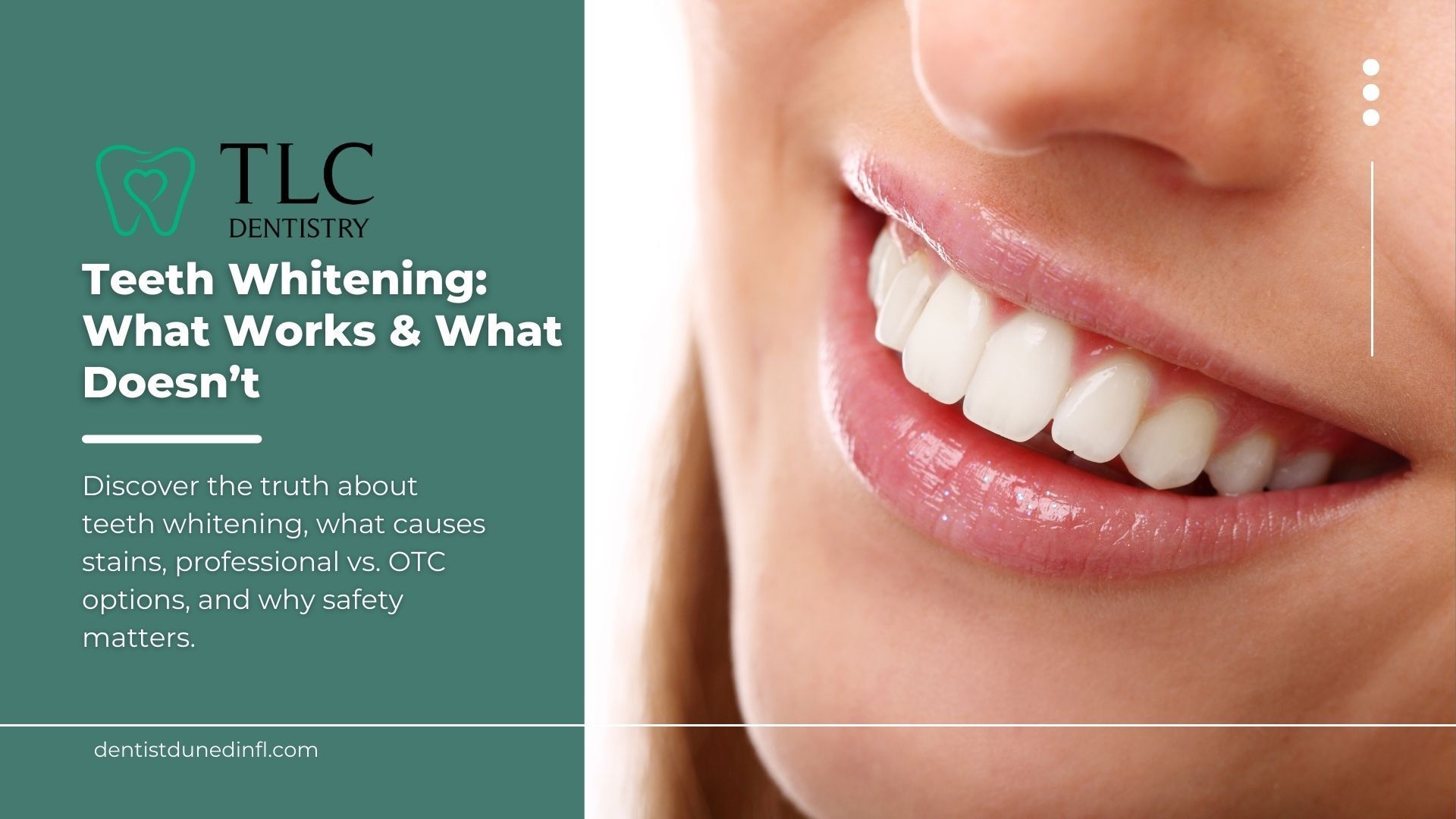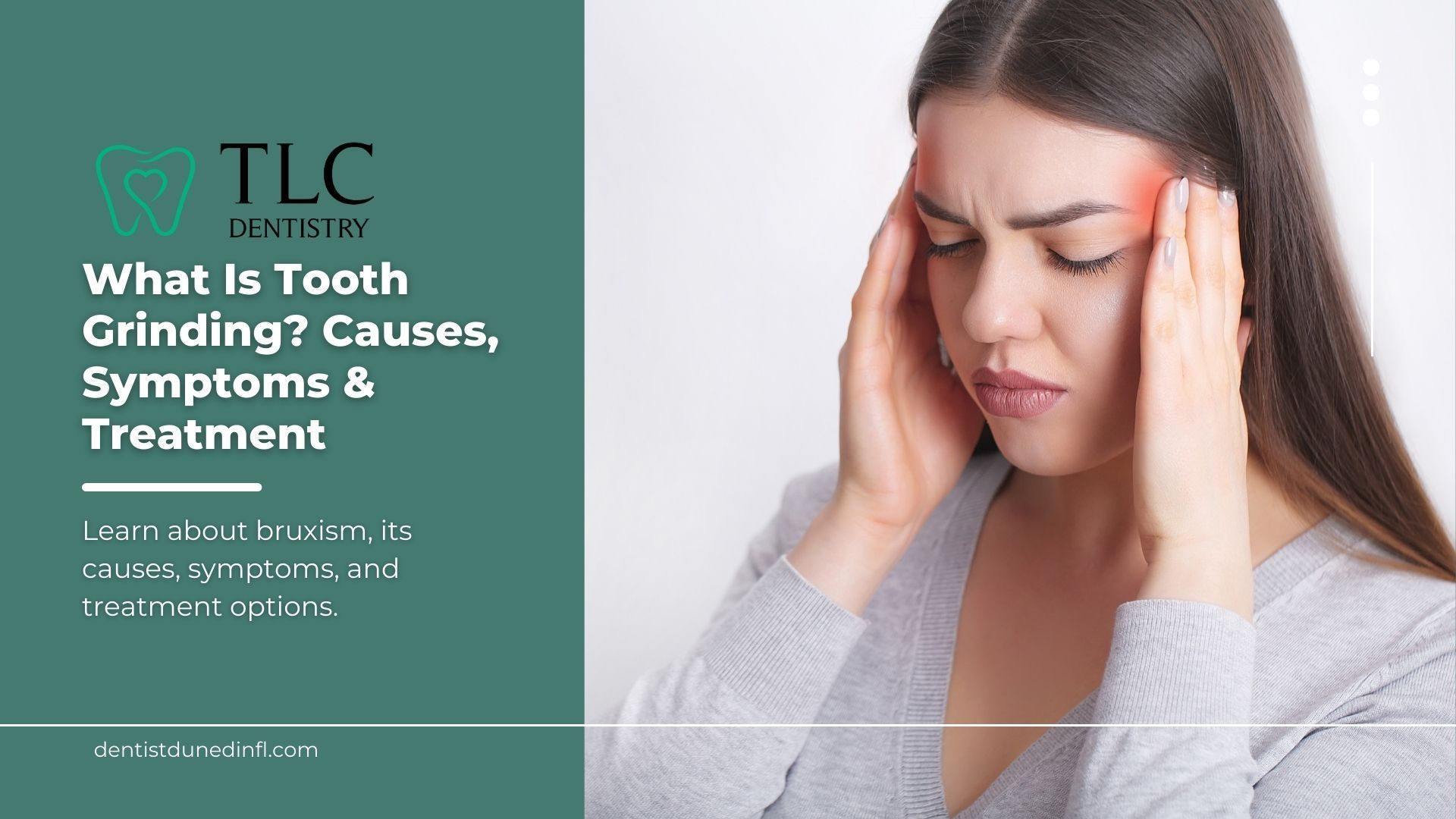Preventive Care Tips for Lifelong Oral Health: Insights from TLC Dentistry
Maintaining oral health throughout life requires more than just brushing and flossing. Preventive dentistry plays a crucial role in protecting your teeth and gums from common issues like cavities, gum disease, and enamel erosion. While daily habits are important, regular dental checkups and professional advice are essential to long-term dental health. Here, we’ll share essential preventive care tips to help you ensure a healthy smile for years.
What Is Preventive Dentistry?
Preventive dentistry involves taking proactive steps to care for your teeth and gums to avoid future dental problems. This approach emphasizes regular checkups, cleanings, and daily oral care practices that help detect and treat minor issues before they become serious. Preventive care helps reduce the need for extensive and costly dental treatments later in life.
At TLC Dentistry, preventive care is a cornerstone of the services provided. We focus on comprehensive strategies that maintain good oral health at every stage of life.
Key Preventive Care Tips for Lifelong Oral Health
Here are some practical and effective preventive care tips to help maintain your oral health:
1. Brush and Floss Daily
Brushing your teeth twice daily and flossing once daily is the foundation of good oral hygiene. Brushing removes food particles and plaque from the tooth surfaces, while flossing helps clean between teeth and under the gumline, areas that toothbrushes can’t reach. Using a fluoride or hydroxyapatite toothpaste may also be beneficial for strengthening enamel and preventing cavities.
If you’re unsure about the proper brushing or flossing technique, the TLC Dentistry team can guide you during your routine checkups.
2. Schedule Regular Dental Visits
Seeing your dentist for regular checkups—typically every six months—is an important aspect of preventive care. These visits allow for professional cleanings that remove plaque and tartar buildup and early detection of dental issues. Early intervention helps prevent minor problems from developing into serious concerns, such as tooth decay or gum disease.
Routine visits also give your dentist the opportunity to monitor changes in your oral health over time and recommend additional preventive measures if needed.
3. Adopt a Healthy Diet for Strong Teeth
The foods you eat play a significant role in maintaining healthy teeth and gums. A balanced diet rich in calcium, vitamin D, and other essential nutrients helps protect your teeth from decay and strengthens enamel. Include plenty of fruits, vegetables, lean proteins, and dairy products in your meals.
Limiting your intake of sugary and acidic foods is also important, as these can contribute to tooth decay and enamel erosion. Drinking water after meals and snacks can help rinse away sugars and acids, keeping your teeth cleaner between brushings.
4. TopicalFluoride and Dental Sealants
Fluoride helps to maintain strong enamel and prevent cavities. In addition to using fluoride toothpaste, your dentist may recommend fluoride treatments to provide extra protection, especially for children or adults at higher risk of tooth decay. Hydroxyapatite, a naturally occurring mineral found in our teeth, has also been shown to provide similar benefits when used topically in toothpastes.
Dental sealants are another preventive measure that can protect teeth. These thin, protective coatings are applied to the chewing surfaces of molars to prevent food and bacteria from getting trapped in the grooves. Sealants are especially beneficial for children, but adults can benefit from them if they are prone to cavities.
5. Wear a Mouthguard for Protection
If you participate in contact sports or physical activities that pose a risk of dental injury, wearing a mouthguard is an essential preventive step. Mouthguards protect your teeth from damage caused by impact, reducing the risk of chipped or knocked-out teeth.
In addition, if you grind your teeth at night (a condition known as bruxism), wearing a nightguard can help protect your teeth from wear and reduce the risk of jaw pain and other related issues. Custom-fitted mouthguards from TLC Dentistry provide optimal comfort and protection.
6. Avoid Smoking and Limit Alcohol
Smoking and excessive alcohol consumption can harm both your oral and overall health. Smoking increases the risk of gum disease, tooth loss, and oral cancer. Alcohol can dry out the mouth, making it more susceptible to bacterial growth and tooth decay. Reducing or eliminating these habits can significantly improve oral health and lower the risk of more serious dental problems as well as cancer.
The Benefits of Preventive Dentistry
Preventive dentistry offers many long-term benefits. By taking proactive steps to care for your teeth, you can:
- Avoid Costly Treatments: Preventing dental issues like cavities and gum disease reduces the need for more expensive and invasive treatments later on.
- Maintain a Healthy Smile: Routine cleanings and exams help keep your teeth looking and feeling their best, allowing you to enjoy a confident, healthy smile.
- Catch Issues Early: Regular dental checkups allow your dentist to detect potential problems early, preventing them from developing into more serious conditions.
Conclusion
Preventive care is key to maintaining good oral health throughout life. By adopting healthy habits like regular brushing and flossing and scheduling routine dental visits, you can protect your teeth and gums from common problems. Incorporating additional preventive measures such as fluoride treatments, sealants, and mouthguards can provide further protection.
For personalized advice and professional preventive care, the experts at TLC Dentistry are here to help. With a focus on early intervention and customized dental plans, TLC Dentistry ensures you maintain strong, healthy teeth for the long term.
Take the first step toward lifelong oral health by scheduling your next dental checkup and learning more about available preventive care services.
